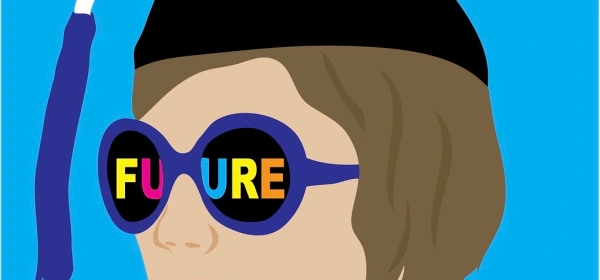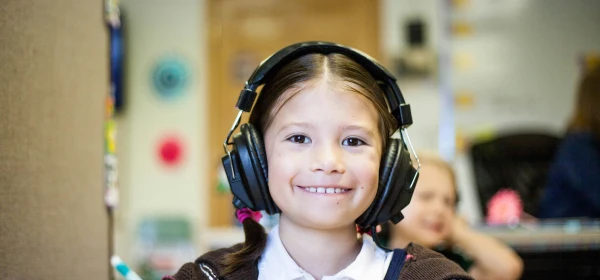A new report examines which students are accessing extra-curricular activities and the long-term outcomes of students who do participate.


A new report examines which students are accessing extra-curricular activities and the long-term outcomes of students who do participate.

A study published by the University of Southern California (USC) explored the impact of music education programmes on middle school students (teens), including a programme of extra-curricular online popular music education. The study examined the impact of music on the five key areas of Positive Youth Development (PYD).

A new publication by the University of Adelaide highlights the benefits of music education for child development and well-being, particularly following the impact of the pandemic.

The Data Drummer website has a research section that, summarises the wellbeing benefits of drumming: from improving general cognitive health, to helping control impulsive behaviour to reducing the symptoms of trauma.

A new study led by a Western Sydney University researcher has found that musical rhythms can help children with speech and language processing difficulties.

Children do better at maths when music is a key part of their lessons according to research by Dr. Ayça Akin, from Antalya Belek University.

A longitudinal study in Japan has revealed that participation in extracurricular activities in both music and visual arts is positively associated with improvements in general academic performance.

The report describes and evaluates the work of the world’s first disabled-led youth orchestra – essential reading for music educators looking to develop their understanding of inclusive music-making.

In both the UK and the US, school music is facing continuing pressures. Yet at the same time, there continues to be growing evidence for the cognitive benefits of music learning.

Music, with its playful, spontaneous, affective, motivational, temporal, and rhythmic dimensions can be of great help for studying the aspects of time processing in ADHD.

Engaging in musical activities such as singing and playing instruments in one-on-one therapy can improve autistic children’s social communication skills and increase brain connectivity in key networks.

According to a team of researchers led by Florida International University, listening to music while studying may help some children with attention deficit hyperactivity disorder (ADHD).